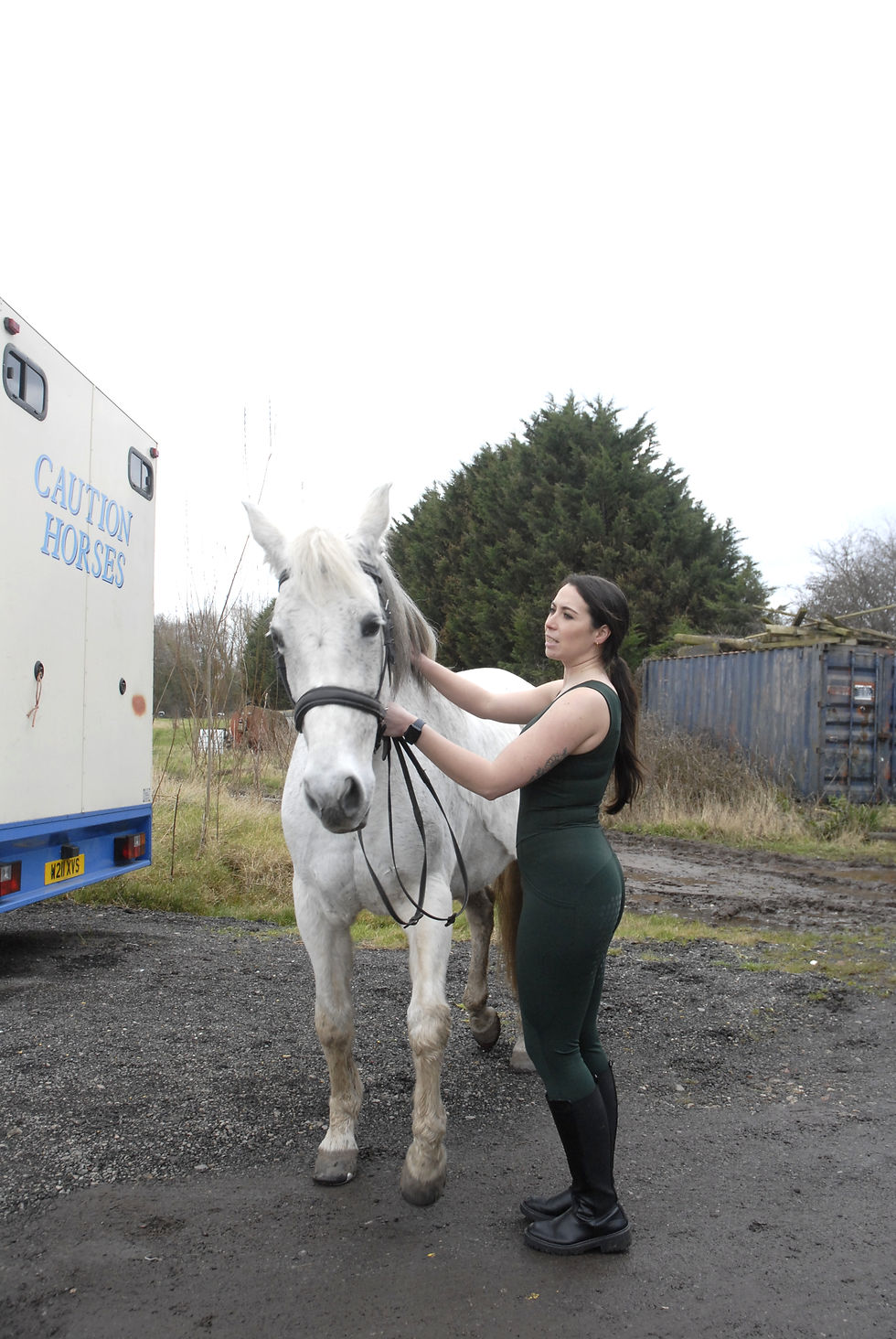AI, GEO and SEO need ethical oversight in the PR industry
- Katy Davies
- Jul 22, 2025
- 3 min read
AI advancement is perceived as either an opportunity or a threat, depending on how the technology is leveraged. As a 'tool', it can be beneficial to the output of organisations to solve problems and spot patterns.
Day-to-day tasks can be made easier without replacing humans in the process. All kinds of AI tools have recently promised to speed up the planning application process and build more homes, improve health diagnoses rates and even help caribou conservation in a changing Arctic.
Organisations should clearly plan for advancement with relevant AI policies and consultation, to avoid the shadow of existential fears of staff replacement in the name of progress. Instead, collaboration, transparency and innovation should be the drivers, taking a human-led, bespoke or case-by-case approach where needed.
Key to this: Keep humans involved in creativity, decision making and oversight, with a clear goal in mind (I don't think 'speeding things up with AI' is a good enough and sustainable stand-alone reason, especially if critical thought and decision-making are being outsourced).
My worry is that the much-adopted 'wild west' approach of 'act first, then worry about the impact later' to 'keep ahead of competitors' is already leading to some dubious practices in the communications industry.
These developments fundamentally erode trust between the media, PR and the public. I was shocked to read in the Press Gazette a series of articles and investigations that include how a non-UK PR agency has developed an AI tool that generates fake expert comments to reply to real-world media enquiries.
To replace the fundamental trust built in the PR and media relations industry with made-up experts flies in the face of what the industry should be working day and night to protect, and the essence of what it means to share insights, stories and grow as a society.
It seems this is just another series of technological shifts seen by the PR industry that has been open to exploitation, and I'd include the rise of poorly driven SEO campaigns seen over the last decade, also with arguably very little oversight.
When SEO-driven individuals push backlinks through keyword-stuffed, low-quality AI-generated content (or low-quality human-written content for that matter), it blurs the line between genuine, earned coverage and content that’s been shoehorned in just to play the algorithm.
Journalists get flooded with this kind of thing and start assuming all outreach is like that – spammy, transactional, not worth their time. It drags down the whole industry. But we're now in a place where fake experts are being pitched by a robot to push shady brands. This is fraudulent and scams journalists and the public, and it is ethically wrong.
There is also full-time attention going on generative search among brands too - the space for opportunists to cynically create false information to further their dodgy aims is widened.
It is very difficult to police authenticity, but ultimately human connections, earned trust and judgment - whether it's between a journalist and a PR - means you'll be able to communicate the credibility of the story and why it matters.
For me, focusing on my shared values with clients I work with and their mission helps me build trust across my comms, stakeholder and PR relationships. This also directly relates to my own experience, judgement, business values and reputation.
Using channels that consumers trust and focussing on human relationships is at the heart of ethical PR, transparency and authenticity. I'm not looking over my shoulder for the robots just yet.
To have a chat about how I can help you navigate authentic press outreach for your campaign or mission, contact me here.


Comments